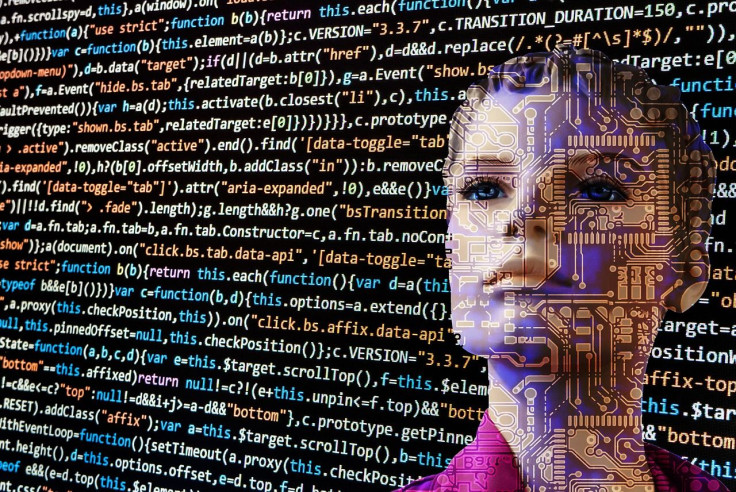Is There A Global Tech War? US To Implement Export Restrictions On Sensitive AI Technologies To Russia, China

The U.S. government will implement a new rule Monday that will limit the export of some types of artificial intelligence analysis software to countries such as China and Russia. U.S. companies that want to export the software to other countries will have to apply for a license from the U.S. government.
“They want to keep American companies from helping the Chinese make better AI products that can help their military,” Center for Strategic and International Studies tech expert James Lewis said about the Trump administration’s decision. The rule will not apply to companies who are exporting the geospatial imagery software to Canada.
According to the Bureau of Industry and Security, the rule will only apply to software which “provides a graphical user interface to identify objects (e.g. vehicles, houses, etc.) from within geospatial imagery.” The rule is applied under the 2018 Export Control Reform Act (ECRA).
In December, Reuters reported that the Commerce Department was finalizing a set of export rules to limit the sale of American technologies to China. The rules would apply to technologies in fields such as quantum computing and 3D printing.
In addition to restricting the export of sensitive U.S. technologies abroad, the Trump administration has cracked down on Chinese technology companies for national security purposes.
The Trump administration implemented a blacklist on Chinese telecommunications giant Huawei in May, barring the company from doing business with U.S. firms.
In October, six Chinese AI firms were prohibited from working with American companies, a possible move by the White House to curb China’s development of AI technology.
There has been considerable talk about an "arms race" over artificial intelligence. In an opinion article for Foreign Policy on Dec. 11, Tim Hwang and Alex Pascal argued that the U.S. should cooperate with China and other countries.
"Washington and Beijing should recognize the fallacy of a generalized AI arms race in which there are no winners. Instead, both should lead by leveraging the technology to spur dialogue between them and foster practical collaboration to counter the many forces driving them apart—benefiting the whole world in the process," Hwang and Pascal wrote.
© Copyright IBTimes 2024. All rights reserved.





















